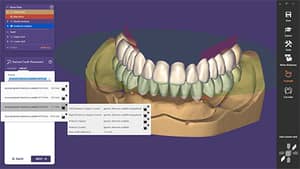
Exocad DentalCAD is a powerful dental design software suite that is used for the design of dental prosthetics such as crowns, bridges, dentures, and other restorative work.
To run this software efficiently and without any hiccups, you will need a laptop that meets certain hardware and software requirements. In this buying guide, I will guide you through the process of finding the best laptop for your Exocad DentalCAD 3.0 Galway needs.
This includes what hardware you need and the best laptops in different budgets that have met the minimum requirements.
How to choose the right processor for Exocad DentalCAD 3.1 Galway?

When it comes to choosing a laptop for Exocad DentalCAD 3.1 Galway, the most important thing to keep in mind is that Exocad is a 3D CAD application. This means that it's not well-optimized for multi-core processors. So, if you're looking for a fast laptop, you'll want to look for one with an H-series processor. These are designed to deliver more power at the expense of battery life.
When comparing processors, I use the PassMark benchmark since it's a good measure of general performance. However, if you're looking for something more specific, you can look for specific benchmarks (e.g., 3DMark) that better reflect your needs.
Here are my recommended processors for Exocad DentalCAD 3.1 Galway, based on performance and battery life:
- Minimum: i5-10500H
- Recommended: i5-11400H
- High-end: i9-11900H
Deciding on a graphics
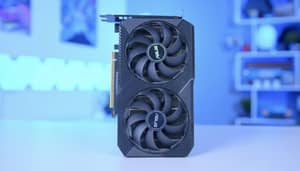
With the release of Nvidia's RTX 30 series, the laptop GPU market has seen some changes. In the past, Nvidia's Max-Q GPUs were the standard for laptop graphics cards. However, Nvidia has discontinued the use of Max-Q GPUs, so now the exact GPU wattage is determined by the laptop manufacturer (OEM). This results in a wide variance in graphics performance even in laptops with the same GPU chipset.
Exocad DentalCAD is a relatively light-weight application, so you don't need to worry about the GPU. If you're looking for a MacBook for dental CAD, you don't need to worry about the graphics card either. However, if you're looking for a laptop for 3D modeling or other demanding tasks, you should prioritize a dedicated GPU over an integrated one.
I'll use 3DMark to compare different graphics cards since it's an industry-standard benchmark that can be found easily online. For gaming laptops, make sure it has a fast processor and plenty of RAM (at least 16 GB).
Here are my recommendations for different price brackets:
- Minimum: Integrated graphics
- Recommended: GTX 1650
- High-end: RTX 3050
Choosing a memory
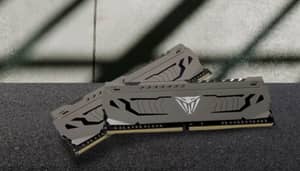
When it comes to choosing the right laptop for Exocad DentalCAD 3.1 Galway, the amount of RAM is an important consideration. Exocad is a 32-bit application, so it can use all of your system's memory. However, if you're using a 64-bit version of Windows, you'll need to make sure it's fully supported by the notebook.
If you're looking for the best laptop for Exocad, I'd recommend getting at least 16 GB of RAM. That should be enough for most people, but if you're working with large models or rendering videos – 32 GB would be ideal.
Since Exocad is a 32-bit application, there's no need to worry about whether your laptop has ECC (error-correcting) RAM; it's not an issue in this case.
Answering Your Exocad DentalCAD 3.0 Galway Laptop Questions
Q: What are the system requirements for Exocad DentalCAD 3.0 Galway?
The system requirements for Exocad DentalCAD 3.0 Galway depend on the type of device you are planning to use. For desktops, the minimum requirements include 8 GB of memory, integrated graphics, and an Intel Core i5-10500H processor. For laptops, the minimum requirements are the same, but with the addition of a dedicated graphics card, such as the GTX 1650, and a recommended processor of i5-11400H.
Which laptops are compatible with Exocad DentalCAD 3.0 Galway?
Exocad DentalCAD 3.0 Galway is compatible with a wide range of laptops, as long as they meet the minimum system requirements. Some compatible laptops include the MSI GF63 Thin, Lenovo IdeaPad Slim 9i, ASUS ROG Strix G15 G513RM, and Lenovo Legion Pro 7i 16. These laptops offer different price points and performance levels, allowing you to choose the one that best fits your needs and budget.
Can I run Exocad DentalCAD 3.0 Galway on a laptop?
Yes, Exocad DentalCAD 3.0 Galway can be run on a laptop as long as it meets the minimum system requirements. However, it is important to note that running complex CAD software like DentalCAD on a laptop may require a higher performance laptop to ensure smooth and efficient operation.
What are the recommended laptop specifications for Exocad DentalCAD 3.0 Galway?
The recommended laptop specifications for Exocad DentalCAD 3.0 Galway include a minimum of 16 GB of memory, a dedicated graphics card such as the GTX 1650 or higher (ideally the RTX 3050), and a processor of at least an i5-11400H. These specifications will ensure a smoother experience and faster rendering times when working with complex dental designs.
Is a dedicated graphics card necessary for Exocad DentalCAD 3.0 Galway on a laptop?
While Exocad DentalCAD 3.0 Galway can technically run with integrated graphics, we highly recommend using a laptop with a dedicated graphics card to ensure optimal performance. A dedicated graphics card, such as the GTX 1650 or the RTX 3050, will significantly enhance the speed and quality of rendering dental designs, resulting in a more efficient workflow.
How much RAM is required to run Exocad DentalCAD 3.0 Galway on a laptop?
The minimum requirement for running Exocad DentalCAD 3.0 Galway on a laptop is 8 GB of RAM. However, for smoother performance and better multitasking capabilities, we recommend a minimum of 16 GB of RAM. This will allow you to work with complex dental designs without experiencing lag or slowdowns.
Can I use a touchscreen laptop with Exocad DentalCAD 3.0 Galway?
Yes, Exocad DentalCAD 3.0 Galway is compatible with touchscreen laptops. The software has been designed to support touch input, making it easier to navigate through the user interface and manipulate dental designs using touch gestures. However, it is important to note that a touchscreen is not a requirement and the software can be used just as effectively with a traditional keyboard and mouse setup.
What processor is recommended for Exocad DentalCAD 3.0 Galway on a laptop?
For optimal performance in running Exocad DentalCAD 3.0 Galway on a laptop, we recommend a processor of at least an i5-11400H. This will ensure smooth and efficient processing of complex dental designs, reducing rendering times and allowing you to work more efficiently. However, if you require even higher performance, you can opt for a laptop with an i9-11900H processor.
Are there any specific laptop brands or models recommended for Exocad DentalCAD 3.0 Galway?
While there are no specific laptop brands or models that are officially recommended for Exocad DentalCAD 3.0 Galway, we can suggest a few options based on their compatibility and performance. The MSI GF63 Thin, Lenovo IdeaPad Slim 9i, ASUS ROG Strix G15 G513RM, and Lenovo Legion Pro 7i 16 are all laptops that meet the recommended specifications and offer a balance between price and performance. However, it is always recommended to do your own research and read reviews to find a laptop that best suits your specific needs and preferences.
Is SSD storage necessary for running Exocad DentalCAD 3.0 Galway on a laptop?
While not strictly necessary, using an SSD (Solid State Drive) for
4 Best Laptops for Exocad DentalCAD 3.0 Galway
SAMSUNG Galaxy Book3 Pro 360 2-in-1
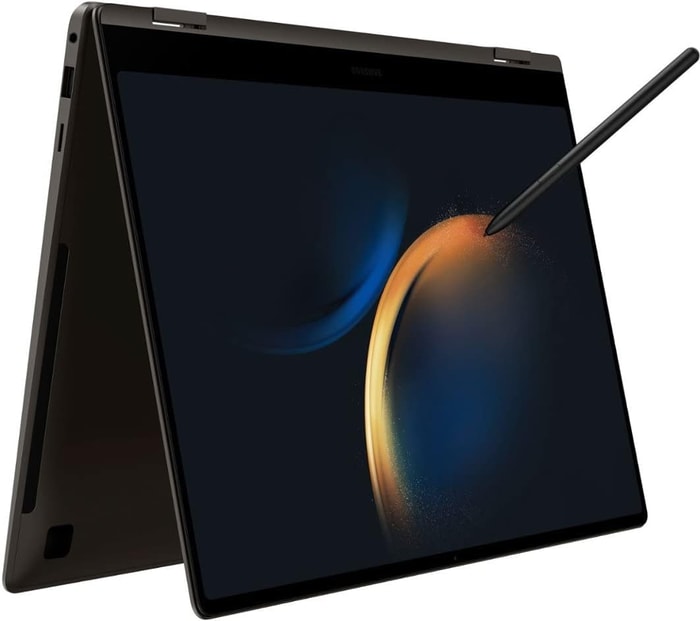
Pros and cons
- Splendid processor (i7-1360P)
- Exceptional graphics card (Iris Xe)
- Not the best memory amount (16GB)
Alternatives
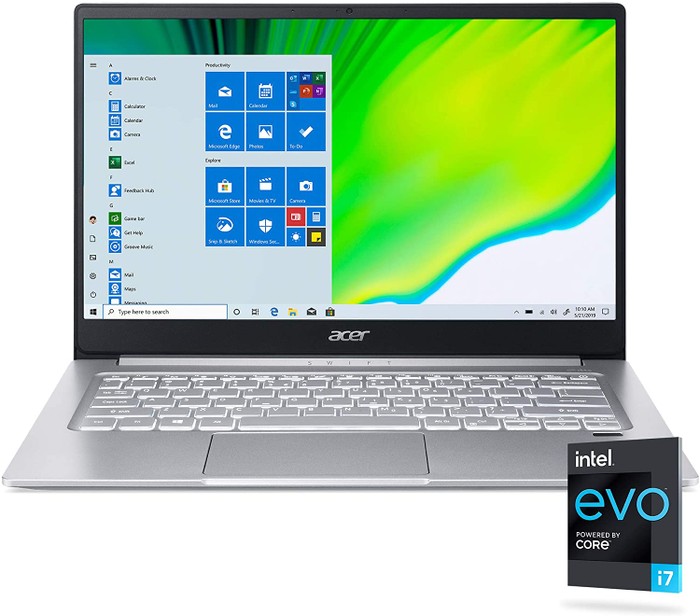
Acer Swift 3 SF314-59-75QC
- Compact, ultra-lightweight, and ergonomic design
- Sturdy build quality
- High thermals with games
- Poor audio quality
Lenovo IdeaPad Slim 9i

Pros and cons
- Relatively bright touchscreen
- Attractive chassis design
- Shallow and weak keyboard feedback
- Slippery and awkward clickpad
Alternatives
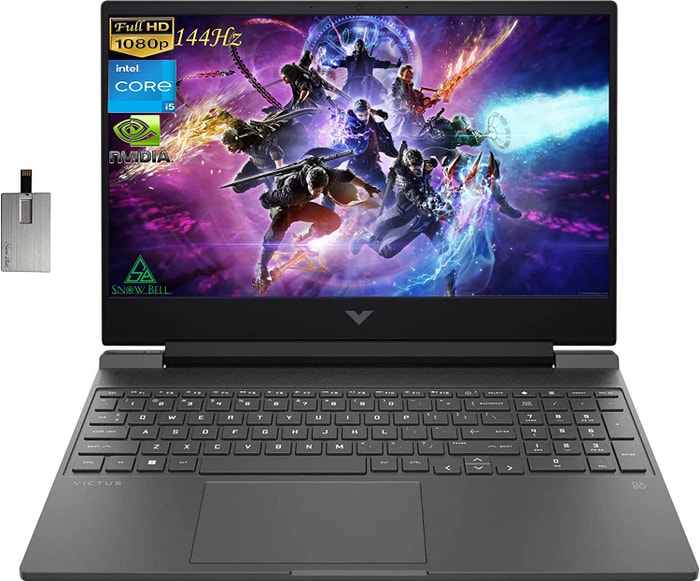
HP Victus
- Delivers smooth gameplay at 1080p.
- Fast SSD.
- No variable refresh rate to reduce screen tearing.
- Some performance loss on CPU under load.
Dell G16
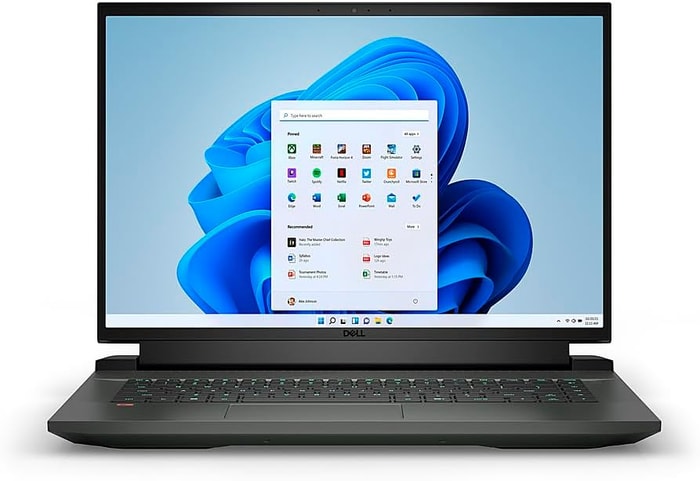
Pros and cons
- Relatively affordable
- Impressive display with high refresh rate and accurate colors
- Heavier and thicker than competitors
- Lacks Thunderbolt 4 connector on basic configurations
Alternatives

ASUS ROG Strix G15
- High-performance CPU and GPU
- Solid construction and good workmanship
- Limited connectivity
- Potential for coil whine in certain situations
Lenovo Legion Pro 7i 16

Pros and cons
- Strong overall performance
- Big, bright, and fast display
- Some flex to the keyboard deck
- Poor battery life
Alternatives

HP Omen 17
- QHD display with 165 Hz
- Expandable working memory
- Slightly below-average performance for a RTX 4080
- High noise level
Table of the Best Laptops for Exocad DentalCAD 3.0 Galway
| Laptop | Price (approx) |
| SAMSUNG Galaxy Book3 Pro 360 2-in-1 | $180 |
| Lenovo IdeaPad Slim 9i | $960 |
| Dell G16 | $1510 |
| Lenovo Legion Pro 7i 16 | $3390 |

